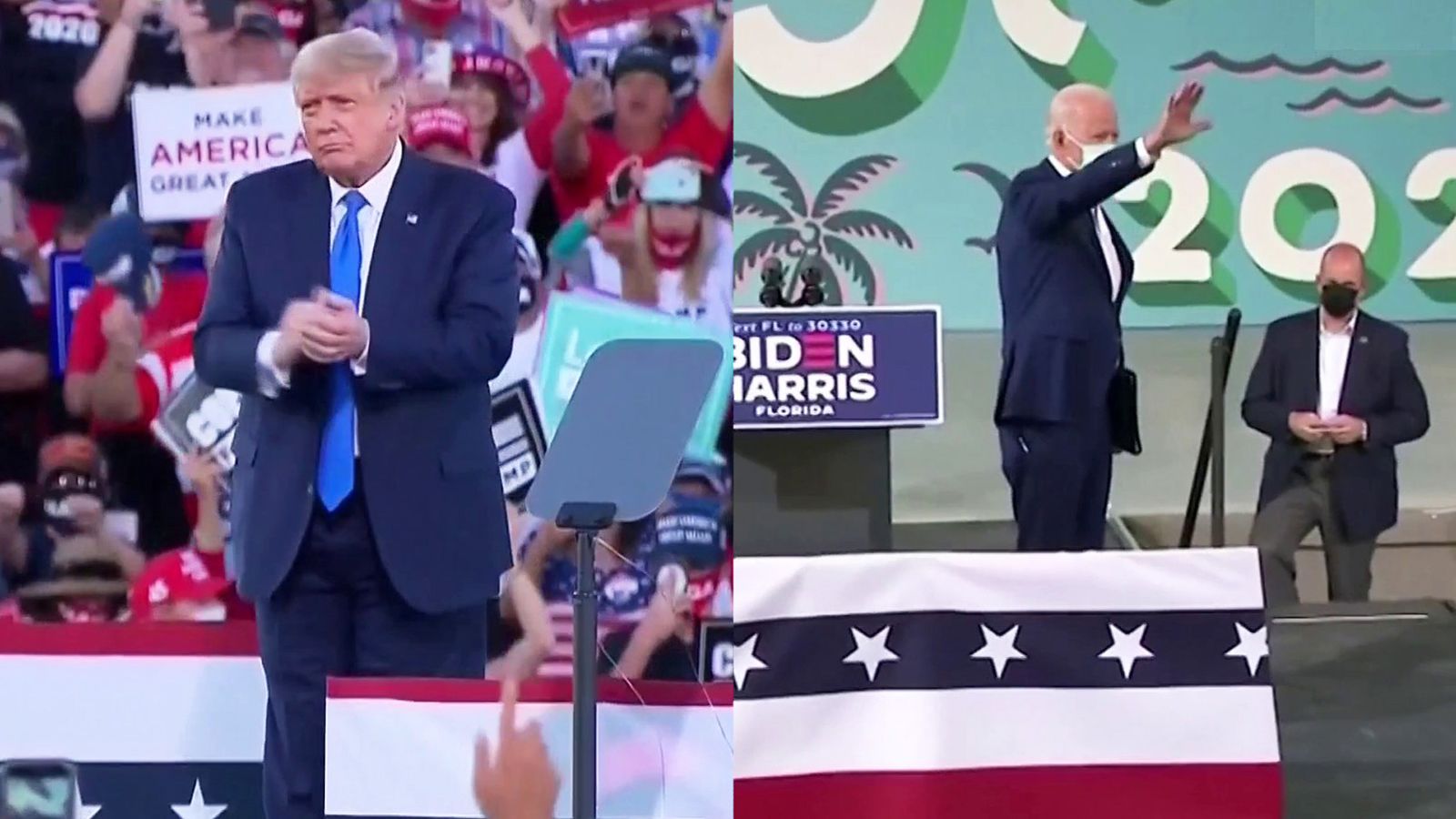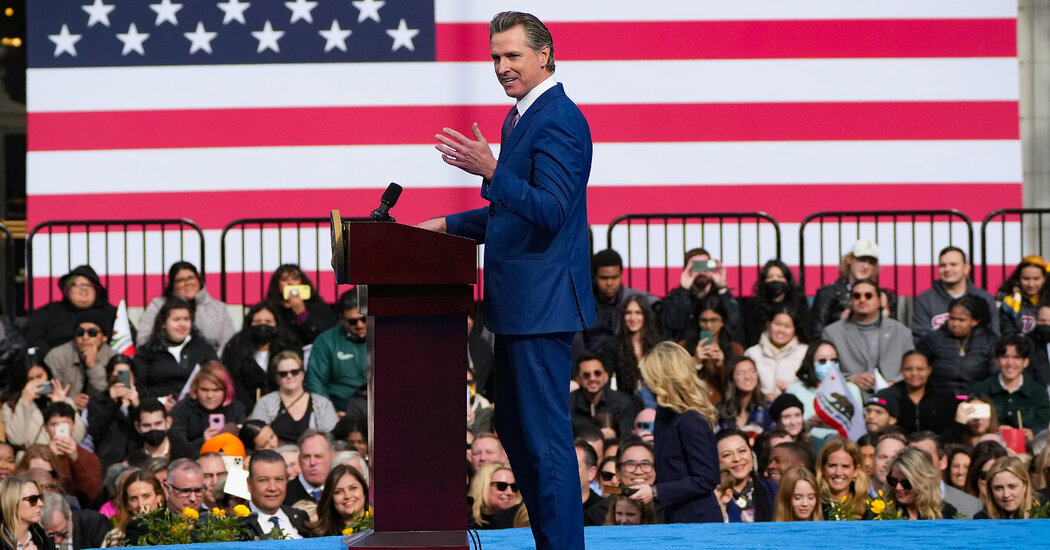Double Strike Cripples Hollywood: Writers And Actors Demand Fair Contracts

Table of Contents
The Writers' Strike: Fighting for Fair Compensation in the Streaming Era
The WGA strike highlights the precarious position of writers in the streaming era. The shift from traditional television to streaming platforms has drastically altered the economic model for writers, leading to significant income losses and untenable working conditions.
The Decline of Residuals
The traditional television model offered writers residuals – payments made each time their work was re-aired. Streaming, however, has largely eliminated this crucial income stream.
- Decreased syndication payments: Syndication, a major source of residual income, has been significantly diminished by streaming.
- Lack of transparency in streaming viewership data: Writers lack transparency about how their shows perform on streaming platforms, making it difficult to negotiate fair compensation based on viewership.
- Difficulty negotiating fair streaming royalties: Streaming platforms often offer opaque and unfavorable royalty structures for writers. The current model often undervalues the work of the writers, significantly impacting their financial stability.
Minimum Staffing and Working Conditions
Streaming platforms often prioritize cost-cutting, leading to smaller writing staffs and increased workloads for individual writers.
- Increased workload for writers: Writers are often tasked with significantly more responsibilities than in the past, leading to burnout and compromised quality of work.
- Lack of adequate breaks: The pressure to meet deadlines often leaves writers with insufficient time for rest and recuperation.
- Potential for exploitation: The reduced staffing levels increase the potential for exploitation of writers, particularly those without established careers.
AI Concerns
The increasing use of artificial intelligence in screenwriting presents a major threat to writers' livelihoods and creative control.
- Concerns about copyright infringement: The use of AI raises concerns about the potential for unauthorized use of writers' copyrighted material.
- The erosion of creative control: AI tools could potentially diminish the creative input and artistic vision of human writers.
- Job security: The widespread adoption of AI in screenwriting poses a significant threat to the job security of writers.
The Actors' Strike: Addressing Fair Pay, Working Conditions, and AI Concerns
SAG-AFTRA's strike mirrors many of the writers' concerns, focusing on fair wages, improved working conditions, and the ethical implications of AI in the entertainment industry.
Fair Wages and Residuals in the Streaming Age
The transition to streaming has negatively impacted actors' compensation, particularly concerning residuals and transparency.
- Low base salaries for streaming projects: Actors often receive lower base salaries for streaming projects compared to traditional television.
- Limited or nonexistent residuals for streaming content: The lack of residuals for streaming content significantly reduces actors’ long-term income.
- Lack of transparency in streaming viewership data: Similar to writers, actors lack access to data on streaming viewership, hindering their ability to negotiate fair compensation.
Self-Tape Auditions and Working Conditions
The widespread use of self-tape auditions has added costs and burdens for actors, devaluing their skills.
- Increased costs for actors: Actors must invest in equipment and facilities to create high-quality self-tapes.
- Lack of proper preparation time: Actors are often expected to self-tape auditions without adequate time for preparation.
- Devaluation of actors' skills: The reliance on self-tapes diminishes the value of in-person auditions and professional feedback from casting directors.
AI and the Future of Acting
AI's potential impact on the acting profession raises serious ethical and economic concerns.
- Fears of AI replacing actors in various roles: AI-generated performances could potentially replace human actors in various roles, threatening their livelihoods.
- Concerns about the ethical implications of using AI-generated performances: The use of AI in acting raises ethical questions about creative control, ownership, and the authenticity of performance.
The Impact of the Double Strike on Hollywood
The simultaneous strikes by writers and actors have sent shockwaves through the entertainment industry, resulting in significant economic consequences and potential long-term effects.
Economic Fallout
The double strike has already caused considerable economic disruption.
- Production delays: Numerous film and television projects are currently on hold, leading to significant production delays.
- Job losses in supporting industries: The strike has caused job losses in related industries, including catering, transportation, and post-production.
- Loss of revenue for streaming platforms and theaters: The lack of new content is impacting the revenue streams of streaming platforms and theaters.
Potential Long-Term Effects
The strike could have profound long-term consequences for the entertainment industry.
- Changes in production models: The strike might force studios to re-evaluate their production models and prioritize fair compensation for creative professionals.
- Potential for increased use of AI: The strike could inadvertently accelerate the adoption of AI in the industry as studios seek cost-cutting measures.
- Shifts in power dynamics between studios and creative professionals: The strike could lead to a renegotiation of power dynamics between studios and creative professionals, potentially leading to more equitable working conditions.
The Future of Fair Contracts in Hollywood
The Hollywood double strike underscores the urgent need for fair contracts that address the challenges of the streaming era and the rise of AI. Writers and actors are demanding fair compensation, reasonable working conditions, and a greater say in how their work is used and compensated. This double strike is a pivotal moment, potentially a turning point in the fight for fair contracts in Hollywood. It’s crucial to support the writers and actors in their demands for fair compensation and improved working conditions.
Call to action: Stay informed about the strike, support the writers and actors, and advocate for fair contracts within the entertainment industry. Demand fair compensation for Hollywood writers and actors. Learn more about the Hollywood double strike and how to help ensure a future where creative professionals are fairly compensated and respected for their contributions to the entertainment industry.

Featured Posts
-
 The Trump Factor Unifying Canada Ahead Of The Election
Apr 26, 2025
The Trump Factor Unifying Canada Ahead Of The Election
Apr 26, 2025 -
 The Heated Debate Between Dave Portnoy And Gavin Newsom
Apr 26, 2025
The Heated Debate Between Dave Portnoy And Gavin Newsom
Apr 26, 2025 -
 European Shipyards Key Players In Russias Arctic Gas Exports
Apr 26, 2025
European Shipyards Key Players In Russias Arctic Gas Exports
Apr 26, 2025 -
 Florida A Cnn Anchors Guide To An Unforgettable Trip
Apr 26, 2025
Florida A Cnn Anchors Guide To An Unforgettable Trip
Apr 26, 2025 -
 Chelsea Handlers The Feeling Netflix Release Date
Apr 26, 2025
Chelsea Handlers The Feeling Netflix Release Date
Apr 26, 2025
Latest Posts
-
 Romantic Alaskan Escape Ariana Biermanns Adventure
Apr 27, 2025
Romantic Alaskan Escape Ariana Biermanns Adventure
Apr 27, 2025 -
 Ariana Biermanns Chill Alaskan Vacation With Her Partner
Apr 27, 2025
Ariana Biermanns Chill Alaskan Vacation With Her Partner
Apr 27, 2025 -
 Alaska Adventure Ariana Biermanns Romantic Trip
Apr 27, 2025
Alaska Adventure Ariana Biermanns Romantic Trip
Apr 27, 2025 -
 Ariana Biermann And Her Boyfriend Explore Alaska
Apr 27, 2025
Ariana Biermann And Her Boyfriend Explore Alaska
Apr 27, 2025 -
 Ariana Biermanns Alaskan Adventure A Romantic Getaway
Apr 27, 2025
Ariana Biermanns Alaskan Adventure A Romantic Getaway
Apr 27, 2025
